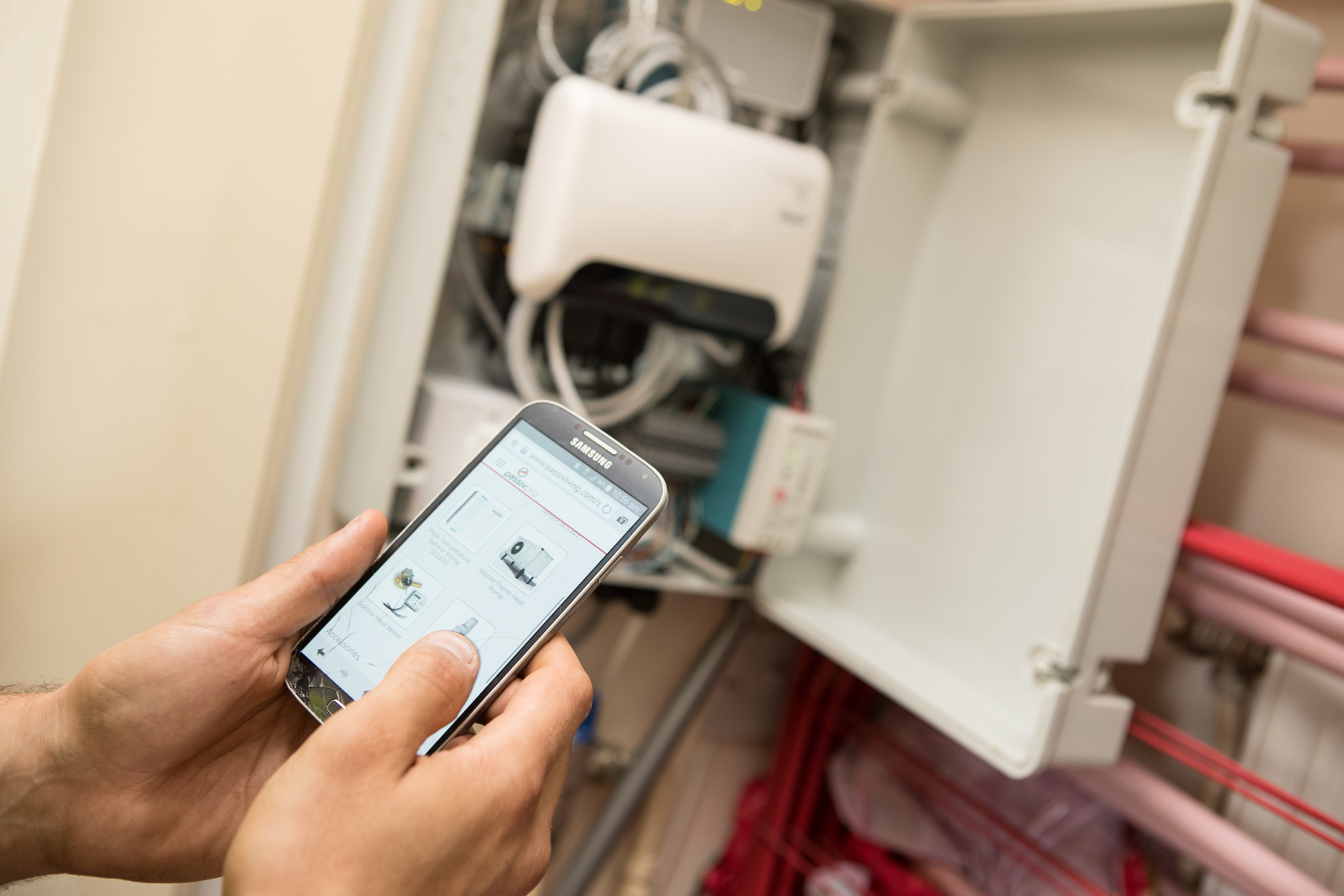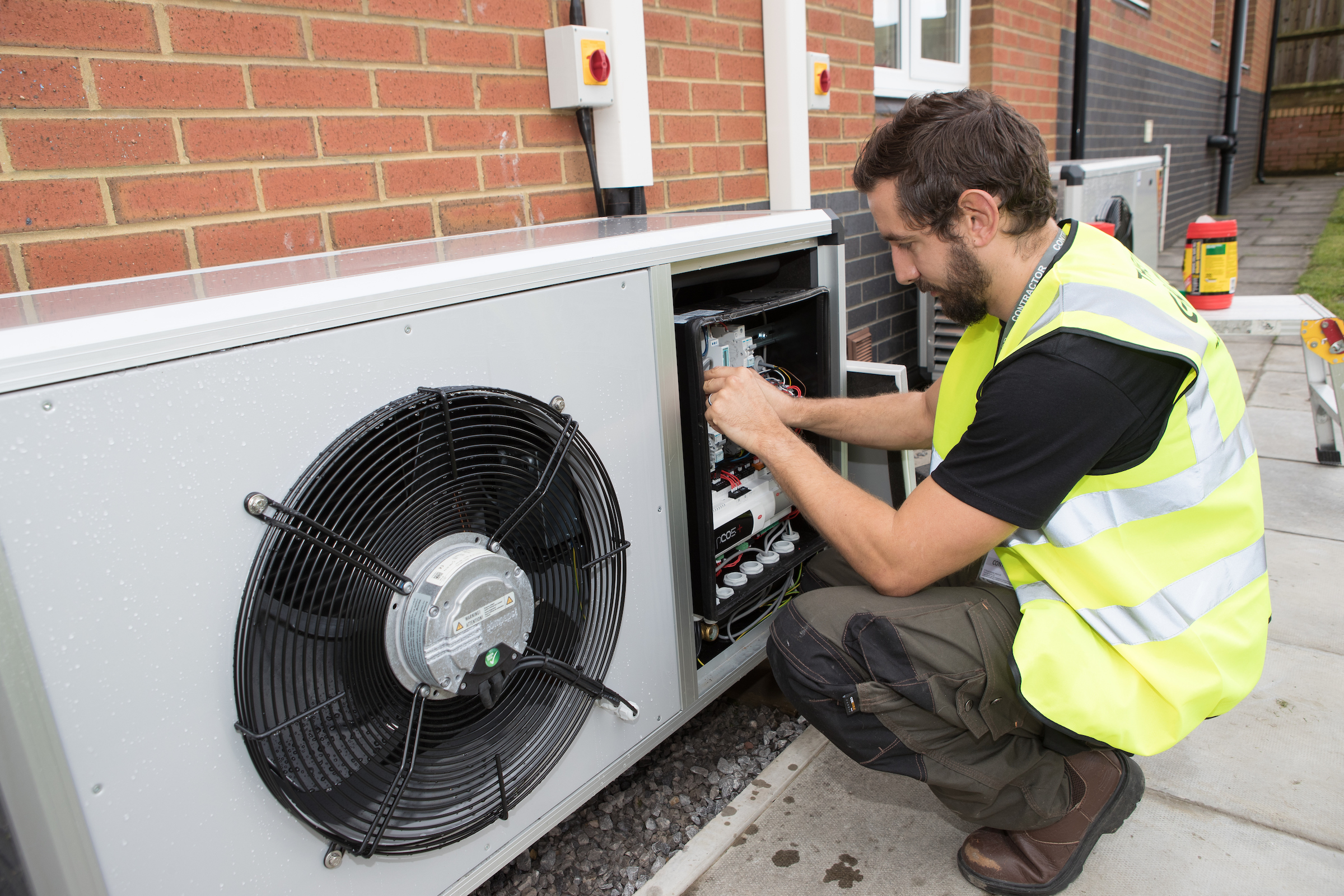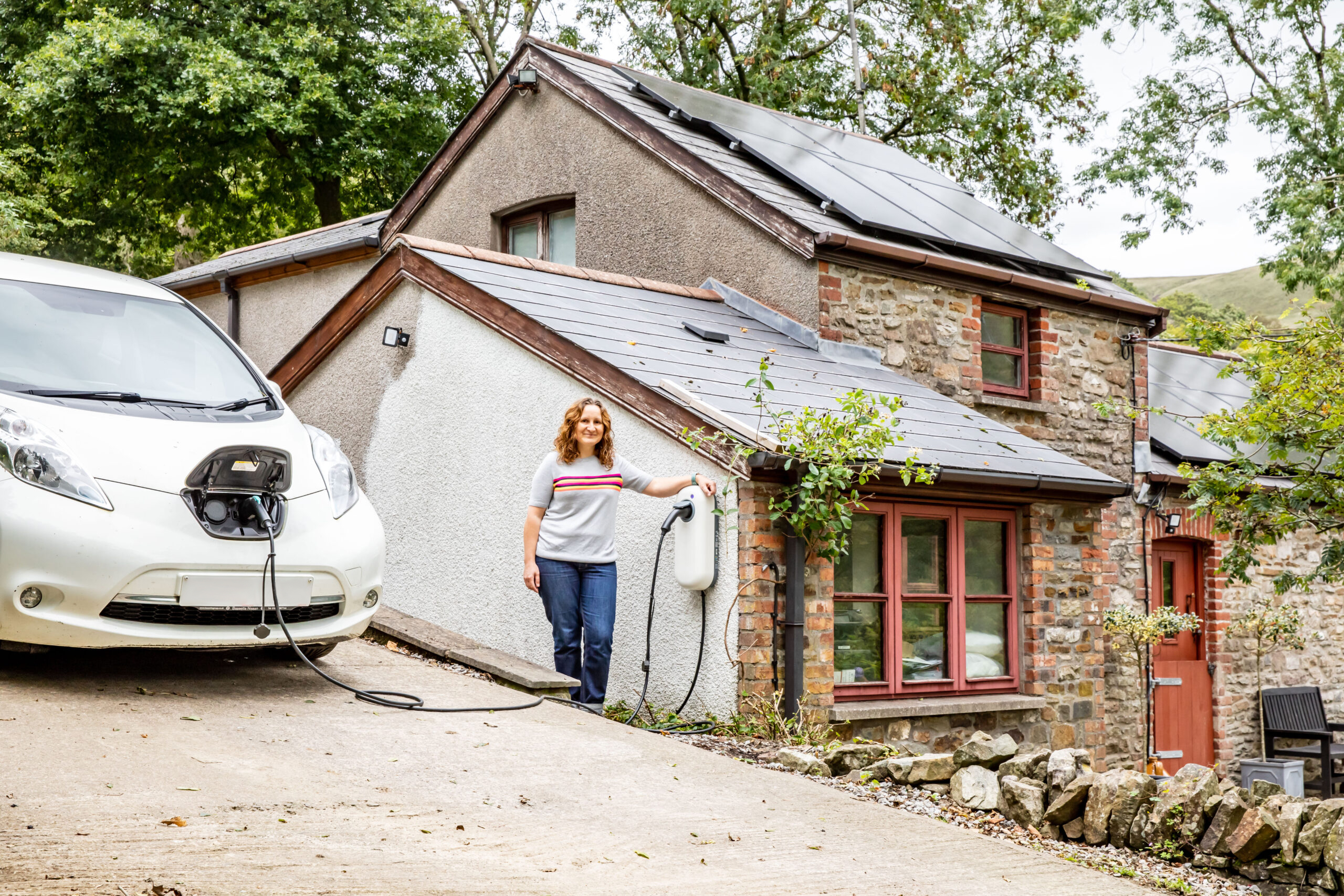Case Study
FREEDOM – decarbonised heating with hybrid heat pumps
- Manufacturers, Energy Companies, Landlords, Asset Funders
The FREEDOM project examined whether hybrid heating systems could be installed in UK homes to decarbonise domestic heating.
Passiv used its Smart Energy Platform and hybrid heat pump controls to optimise the performance of the heating systems, dynamically switching between the heat pump and gas boiler.
The project showed that hybrid heat pumps provide a pragmatic pathway to decarbonising heat.
The FREEDOM (Flexible Residential Energy Efficiency Demand Optimisation and Management) project sought to understand whether hybrid heating systems are a technically capable, affordable and attractive way of heating homes. The project was led by Passiv with Western Power Distribution and Wales & West Utilities, Imperial College London, Delta-ee and City University as partners and was funded by the Network Innovation Allowance.
In the UK, about 70% of all energy consumed is in the home, with space heating and hot water production accounting for the majority. With most homes in the UK being heated by fossil fuels, a heating system that can make use of a heat pump has the potential to deliver dramatic reductions in primary energy consumption and CO2 emissions. A hybrid heating system combines a domestic gas boiler and an air-source heat pump. Hybrid heating systems can help householders save money on heating and hot water bills while supporting the shift towards the decarbonisation of heat. Avoiding the use of electricity during times of peak demand will help reduce the need for further investment in generation capacity. It also enables the heating system to take advantage of cost differences between the two fuels – so-called ‘fuel arbitrage’.
The FREEDOM project explored how switching a hybrid heating system between gas and electric loads could provide fuel arbitrage, reducing domestic energy bills and providing highly flexible demand response services. This could help the UK’s electricity supply remain secure as we transition to low-carbon sources of heating. The project also sought to address the issue of low-carbon heating being more expensive than non-renewable alternatives such as gas boilers.
As part of the FREEDOM project, Passiv installed 75 hybrid heating systems into a mix of social housing and private homes in and around Bridgend, South Wales. The FREEDOM project’s hybrid heating system included an exterior air source heat pump, a high-efficiency gas boiler inside the home and a hybrid control panel.
Passiv used its Smart Energy Platform and hybrid heat pump controls to optimise the performance of the heating systems. The Platform created a thermal model of each home the hybrid heat pumps were installed in and used local weather forecasts and external temperature estimates to maximise the heat pump’s efficiency and reduce energy bills. The Platform switched between the two heat sources to automatically use the most cost-effective heating mode at any time of the day or night.
Passiv also trialled a Demand Side Response service as part of FREEDOM which automatically reduced heat pump electricity consumption in response to incentives from network operators
The FREEDOM project successfully demonstrated that the Passiv Smart Energy Platform with hybrid heat pump controls can manage fuel switching of hybrid heat pumps to reduce electricity demand at peak times without impacting customer comfort. The project demonstrated that conventional approaches to controlling hybrid systems with a simple transition between fuels based on external temperature perform poorly compared to a fully optimised system.
This hybrid approach has the potential to make the best use of the hot water delivery systems currently installed in most UK homes. Using gas boilers alongside heat pumps, with some intelligent switching between the two, gives us a pragmatic pathway to decarbonising heat.
Further Information
View the final report here - FREEDOM



